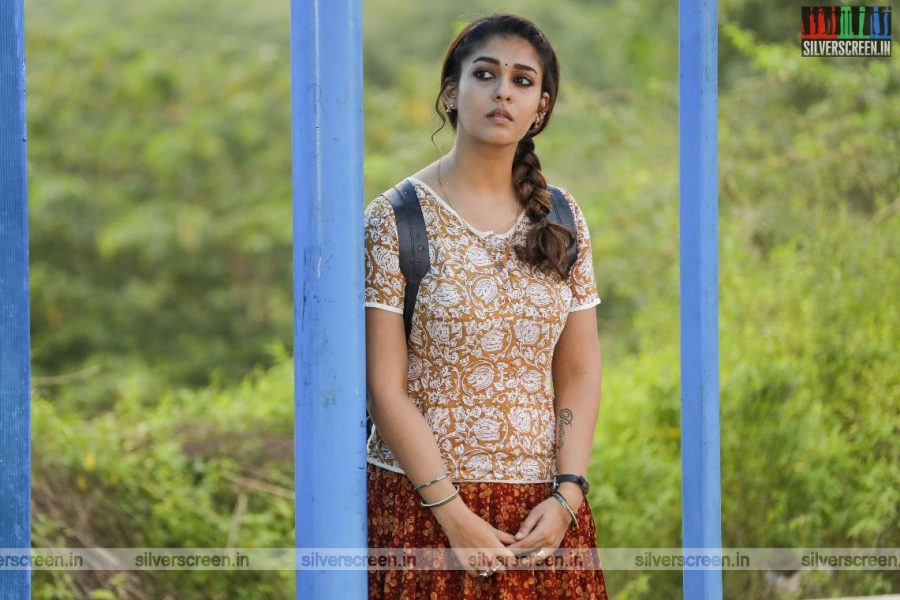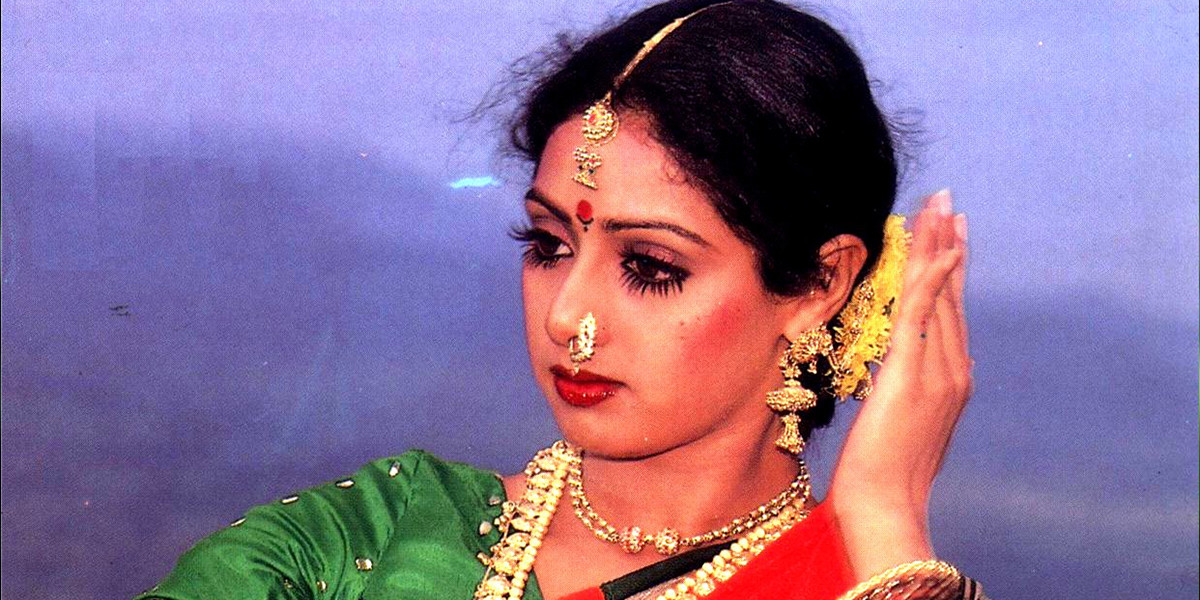Ms. En Scene – where Ranjani Krishnakumar concedes that cinema is life. Opinions expressed are those of the contributor, and not those of the company or its employees.
Imagine Saranya Ponvannan as a cancer-patient mother. Now, imagine her pulling a hammer from under the bed, knocking the toes off her captor, jumping on top of bed and bringing the hammer down to smash his head in.
This scene from Kolamaavu Kokila (2018) is my new favourite.
A manipulative, self-aware and sharp female anti-hero is new for Tamil cinema. Historically, they tend to be arrogant vamps — Neelambari of Padayappa (1999), tamed heroines — Shanti Devi of Mannan (1992) or lost opportunities, like Mary of Padikkadhavan (1985). Kokila is nothing like any of her predecessors.
She isn’t a villain, she is in fact, the hero.
Kokila of Kolamaavu Kokila and Mahathi of Kallachirippu are delightful new additions to the postmodern anti-hero wall of fame.
The eponymous Kokila is a bit of a silent killer. ‘Amukkuni,’ my grandmother would have called her. She is introduced in the film without much fanfare. She walks up a few stairs and sits down to have a conversation about her career with a superior. He propositions her in exchange for growth and higher pay. But she’s not appalled by his suggestion. In reality, such propositions stop being appalling for women during teenage itself. Most adults come to expect it — creep radar, some of us call it.
Kokila doesn’t rebuff him or cover her chest in dramatic indication of her modesty being outraged. She just calmly tells him that she doesn’t find the return on investment of said activity worth it. She expects more, she hints. At that moment, we learn that Kokila can indeed turn into a transgressor, as long as the reward is right.
Comes along Mahathi, as a sister from another mother, the protagonist of Kallachirippu, a web-series streaming on Zee5, written and directed by Roju. When we see her face for the first time, she’s splashed with her husband’s blood, just as he collapses in front of her after their altercation. She breathes for a moment and begins the cover up, making her illicit boyfriend also complicit in the matter.

Both Kokila and Mahathi seem to come from innocent backgrounds and of lesser ambitions. Their situations are unremarkable — dysfunctional families, class/caste pressures/privileges, unforgiving society and a hopelessly manipulated justice system. These women navigate the bad hand they’ve been dealt, without the concern for ‘right’ or ‘wrong’. They don’t fear using everything they’ve got to get what they want. Kokila might look like a one-trick pony with her innocent face as decoy for her illegal ways. And Mahathi might be leading on a young man with her charms. But their motto clearly appears to be: You gotta do what you gotta do!
Kokila and Mahathi fill the gaping hole in Tamil cinema’s postmodern oeuvre — the want of a female anti-hero. Even at the peak of the movement — the times of Aaranya Kaandam (2011), Pizza (2012) and Soodhu Kavvum (2013), and the less adored Mankatha (2011) — the anti-heroes were all male. That is not to take away from the femme fatale of these films. Subbu of Aaranya Kaandam and Anu of Pizza were both honorary predecessors to Kokila and Mahathi, no doubt. Yet, we knew nothing about them, their background, motivations, personalities and plans. We don’t meet them the way we meet Kokila and Mahathi.
As anti-heroes, we see the stories of Kokila and Mahathi in entirety, and not as a clever unexpected plot twist. Kokila and Mahathi endure injustices with sociopathic nonchalance. In fact, they don’t lament the injustice, just navigate it. Mahathi despises her father’s interference in her life, yet, she doesn’t righteously walk away and pave her own path. She negotiates a deal in return for his money. She makes the most of her misery. In fact, there is a scene where she defies her father to wear a blouse at her wedding reception — a marriage she doesn’t want!
They carelessly inflict great pain. Kokila gets two people shot in the face, just for good measure. They both manipulate, exploiting their position of weakness. Kokila acts weak, entices large men and murders them ruthlessly in a room — and more and more unsuspecting men fall prey. Mahathi startles her father by calling him ‘appa’ — something she has never done since her estrangement — distracting him from discovering her crime. They both dismiss the idea of female sexual morality — something that’s long been held sacrosanct to any female cinematic existence. They also don’t have high regard for the modern feminist sisterhood. Mahathi makes no bones about manipulating another woman into the world of crime, as bait to blackmail her husband.
Recommended
And, they have complicated, yet tender bonds with their mothers. Kokila goes great lengths to earn money for her mother’s surgery — I doubt she’d do that for her father. Mahathi volunteers to go to jail to avenge her mother’s life — she seems to have more anger for her mother’s dreams being crushed than her own life in tatters. The intricate complexity and vulnerable reality of these new postmodern anti-heroes make for such delightful cinema. The story of an underdog rising in victory, through questionable means is something I want more of. You?
*****
Unmistakable. Meticulous. Predominantly an essayist. Evolved from a marketer. Ranjani Krishnakumar eats Tamil films all day and fruits for breakfast. Roosts with pair in Chennai apartment. Usually found chasing Vitamin-D. Believes “Dei” or “Pch” is the answer to all questions.
Twitter: @_tharkuri



